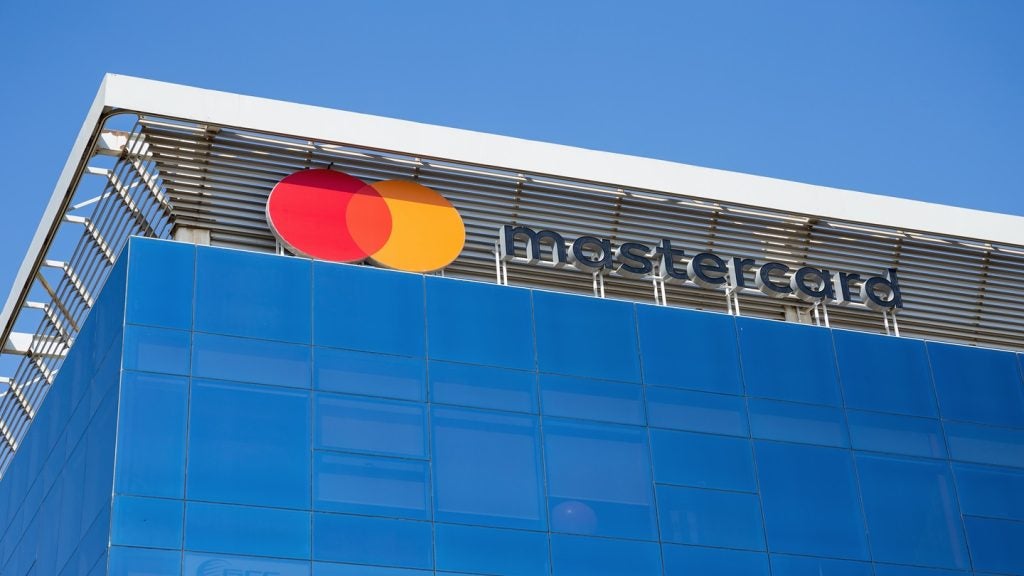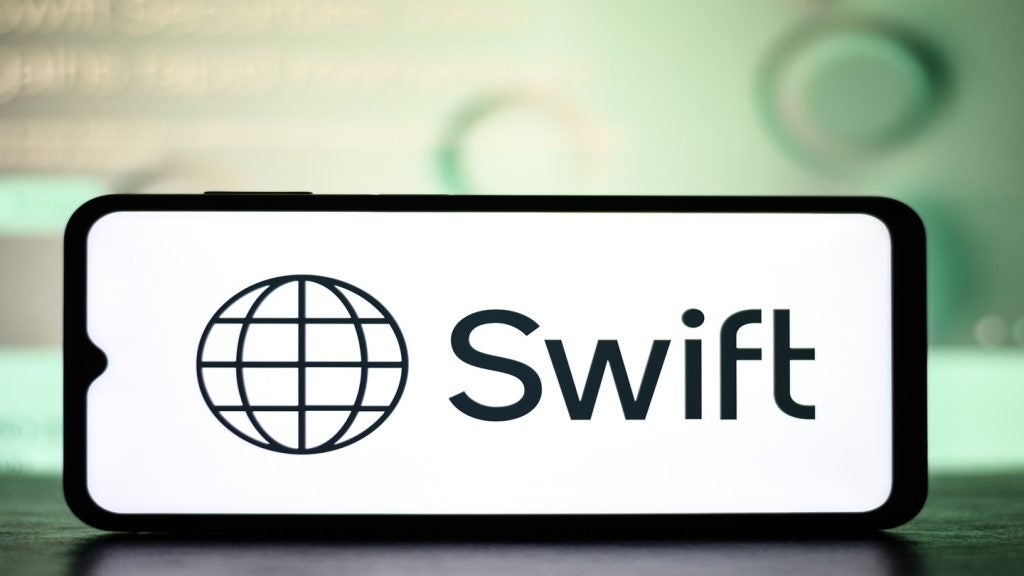As the global economic slowdown turns into full-blown recession
in many markets, all eyes are on the payment networks to see just
how rapidly payment volumes are being affected. Many in the
industry will not be surprised at how US credit card spending is
being hammered, but what will shock is the degree of deterioration
in recent months.
The stand-out figure from MasterCard Incorporated’s
fourth-quarter 2008 results, for the period ending 30 December
2008, was US credit and charge card gross dollar volume (GDV),
including POS spending and cash withdrawals, actually falling by
11.4 percent to $152 billion in the fourth quarter, compared to
$171 billion in the year-ago period.
Much of the decline in MasterCard’s purchase volume occurred in
September and October of last year. Visa Inc, whose fiscal 2009
first quarter ended on 30 September 2008, fared rather better, but
its credit card figures in the US are certainly nothing to shout
about. Its total US volumes for credit cards amounted to $244
billion, a rise of just 1.7 percent compared to the year-ago
period.
Visa’s total US debit volumes held up well, rising by 12.4
percent to $280 billion, similar to the growth level seen in the
year-ago period. MasterCard’s GDV on debit in the US rose by 5.8
percent to $104 billion in the fourth quarter of 2008, but compare
that figure to the 15.9 percent growth in debit GDV in the fourth
quarter of 2007, and it’s clear to see that US consumers are
putting away the plastic in greater numbers as the months roll on.
Another factor to consider is that MasterCard’s US debit market
share is much smaller than that of Visa’s, so it will feel the
slowdown much more keenly.
One bright spot for MasterCard could come in the form of a
pricing change the company is planning to implement in April 2009,
with US merchant acquirers seeing the price paid for network access
and brand usage fees (NABU) increasing from $0.005 per processed
transaction on MasterCard’s network to around $0.0185. According to
Sanjay Sakhrani, an analyst at Keefe, Bruyette & Woods, this
should yield MasterCard incremental increases in its earnings per
share.
How well do you really know your competitors?
Access the most comprehensive Company Profiles on the market, powered by GlobalData. Save hours of research. Gain competitive edge.

Thank you!
Your download email will arrive shortly
Not ready to buy yet? Download a free sample
We are confident about the unique quality of our Company Profiles. However, we want you to make the most beneficial decision for your business, so we offer a free sample that you can download by submitting the below form
By GlobalData






